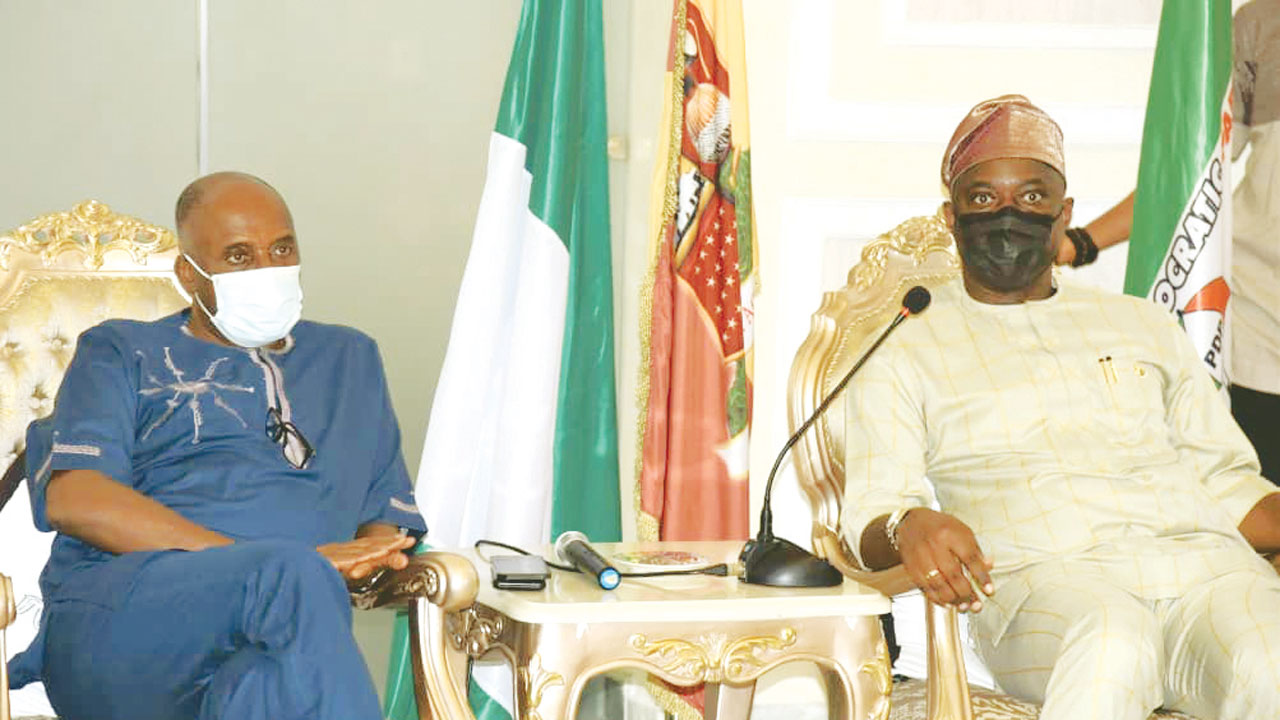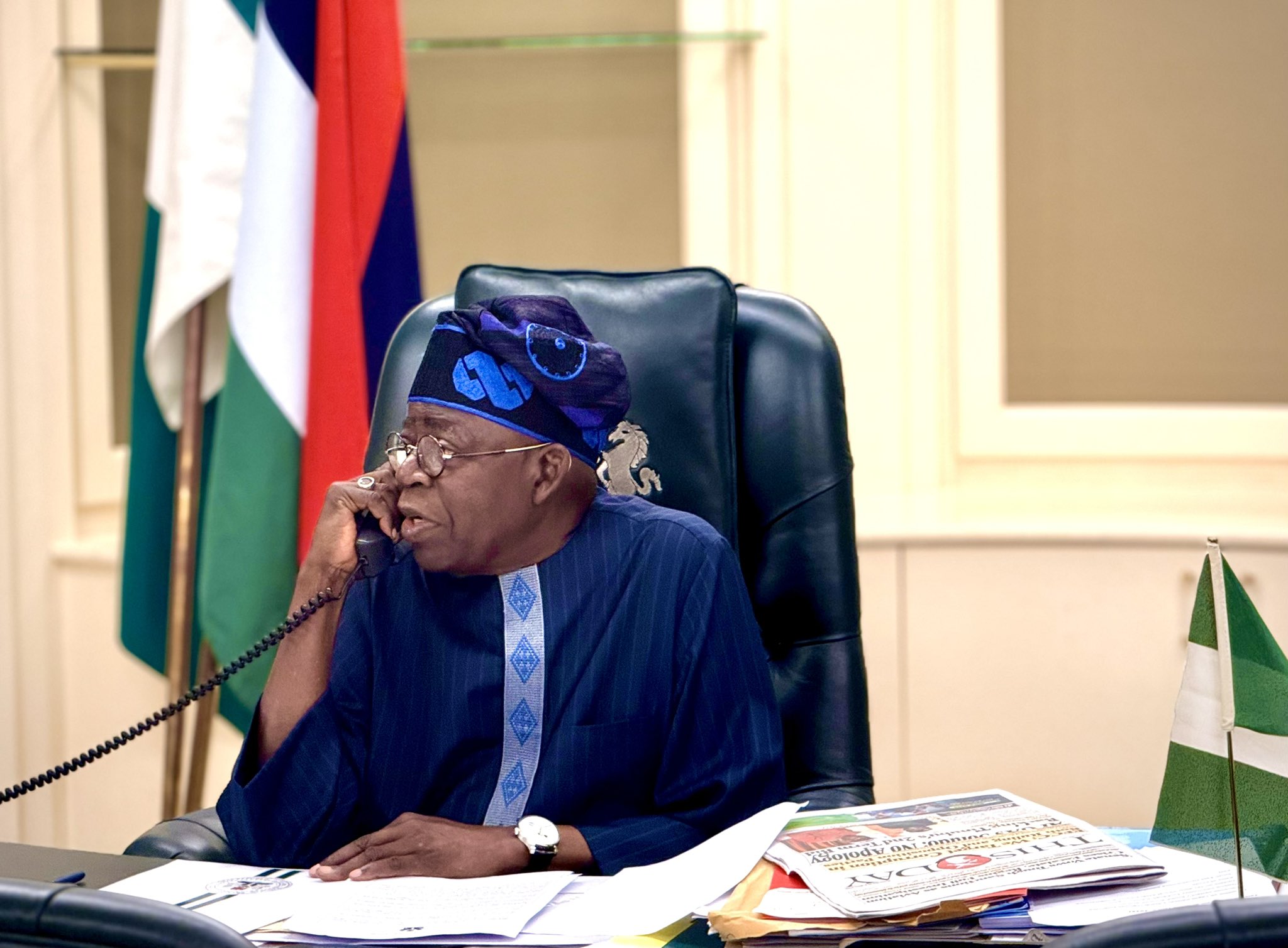A cross-section of experts, traditional leaders, civil society actors and students have praised the Nigerian Upstream Petroleum Regulatory Commission (NUPRC) for its role in strengthening transparency and regulatory accountability in the implementation of the Petroleum Industry Act (PIA).
The commendations came during a one-day stakeholders’ forum held in Warri, Delta State, titled “Situation Room on Monitoring of the PIA”, organised by the Centre for Social Justice, Equity and Transparency (CESJET) in collaboration with Shafana Enterprises Limited.
Participants at the forum highlighted the visible reforms undertaken by the NUPRC under the leadership of its Chief Executive, Gbenga Komolafe, particularly in fostering openness in the oil and gas sector and enhancing the credibility of government institutions.
Delivering the keynote, Dr Henry Efemona Idudje of the Federal University of Petroleum Resources, Effurun, said the Commission has emerged as a stabilising force in Nigeria’s upstream sector.
“Under Komolafe, we are witnessing a shift from opaque practices to a more transparent regulatory culture,” Dr Idudje said. “Transparent licensing rounds and clearer fiscal disclosures are among the gains. If sustained, these reforms will attract long-term investment and ease local tensions.”
In his remarks, petroleum law expert Dr Arisabor Lucky described the Commission’s commitment to due process as instrumental in entrenching the PIA’s host community and reporting provisions.
“The strength of any law lies in its enforcement. NUPRC’s execution of its statutory responsibilities is not only commendable but crucial to restoring public trust in the sector,” he added.
Other speakers, including representatives from the Nigeria Maritime University and Delta State University, noted that civil society participation is vital to ensuring that transparency reforms are not derailed.
“NUPRC’s current openness to civic engagement and data sharing is a marked departure from past approaches. This must be encouraged and institutionalised,” a student leader, Fejiro Oghenegivwe, said.
Project Manager at Shafana Enterprises, Mallam Nasir Abdulquadri, said the forum sought to assess whether institutions like NUPRC are living up to expectations under the Renewed Hope agenda of President Bola Tinubu.
“The PIA remains a watershed moment in Nigeria’s energy legislation. NUPRC’s leadership has demonstrated a practical commitment to realising its goals through regulatory clarity and proactive enforcement,” Abdulquadri said.
Traditional leaders also weighed in, with Chief Ekeme Otuedon, a community monarch, commending the Commission for its increased engagement with oil-producing communities.
“We’ve seen more consultation, more visits, and a genuine effort to bridge the gap between government and the grassroots. That, in itself, fosters peace,” he said.
Attendees called for the institutionalisation of quarterly multi-stakeholder forums across oil-producing states to continually assess progress in the implementation of the PIA and promote shared ownership of reforms.
They also urged greater collaboration between regulatory agencies, civil society organisations and academic institutions to deepen monitoring and improve citizen trust in the petroleum governance system.






